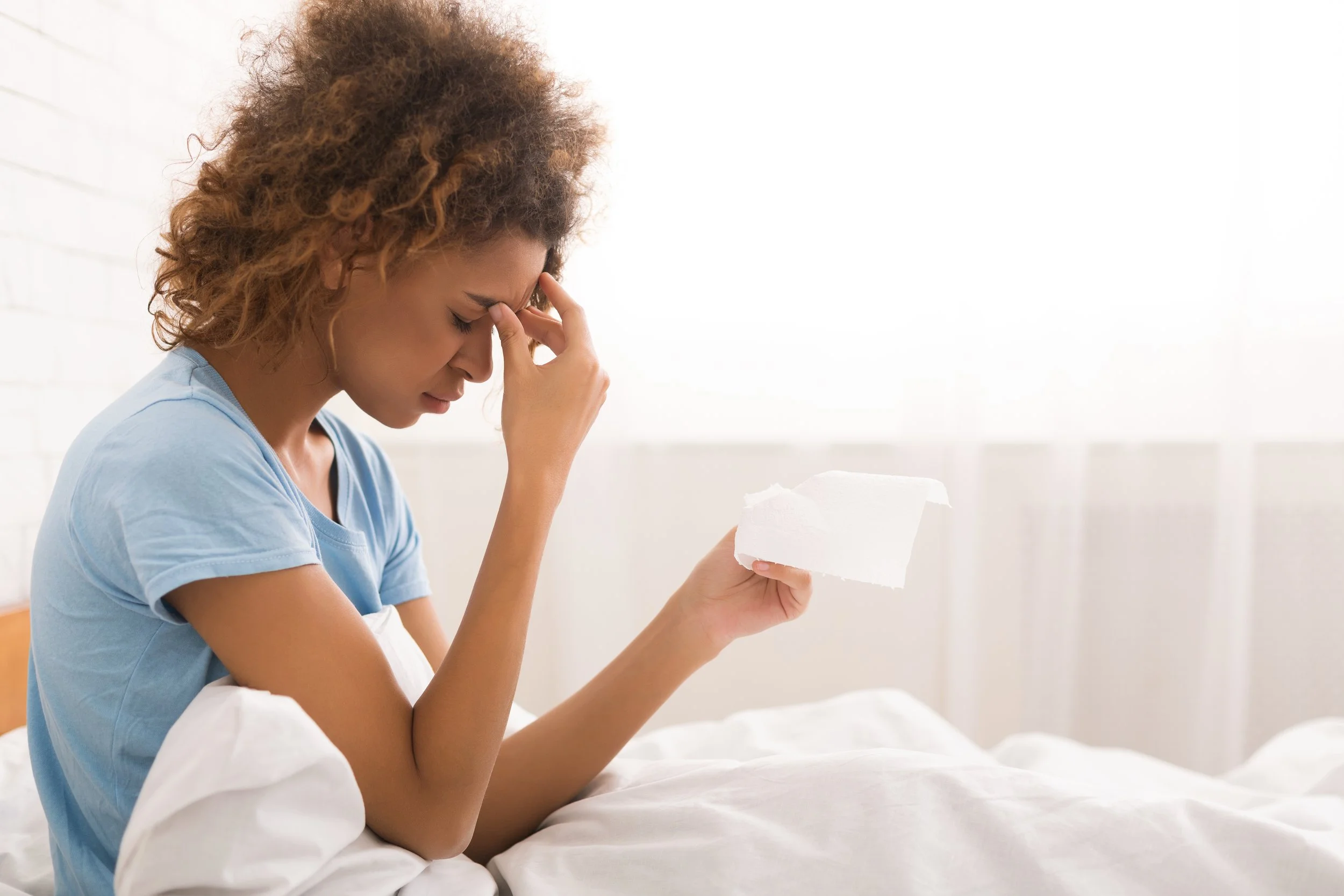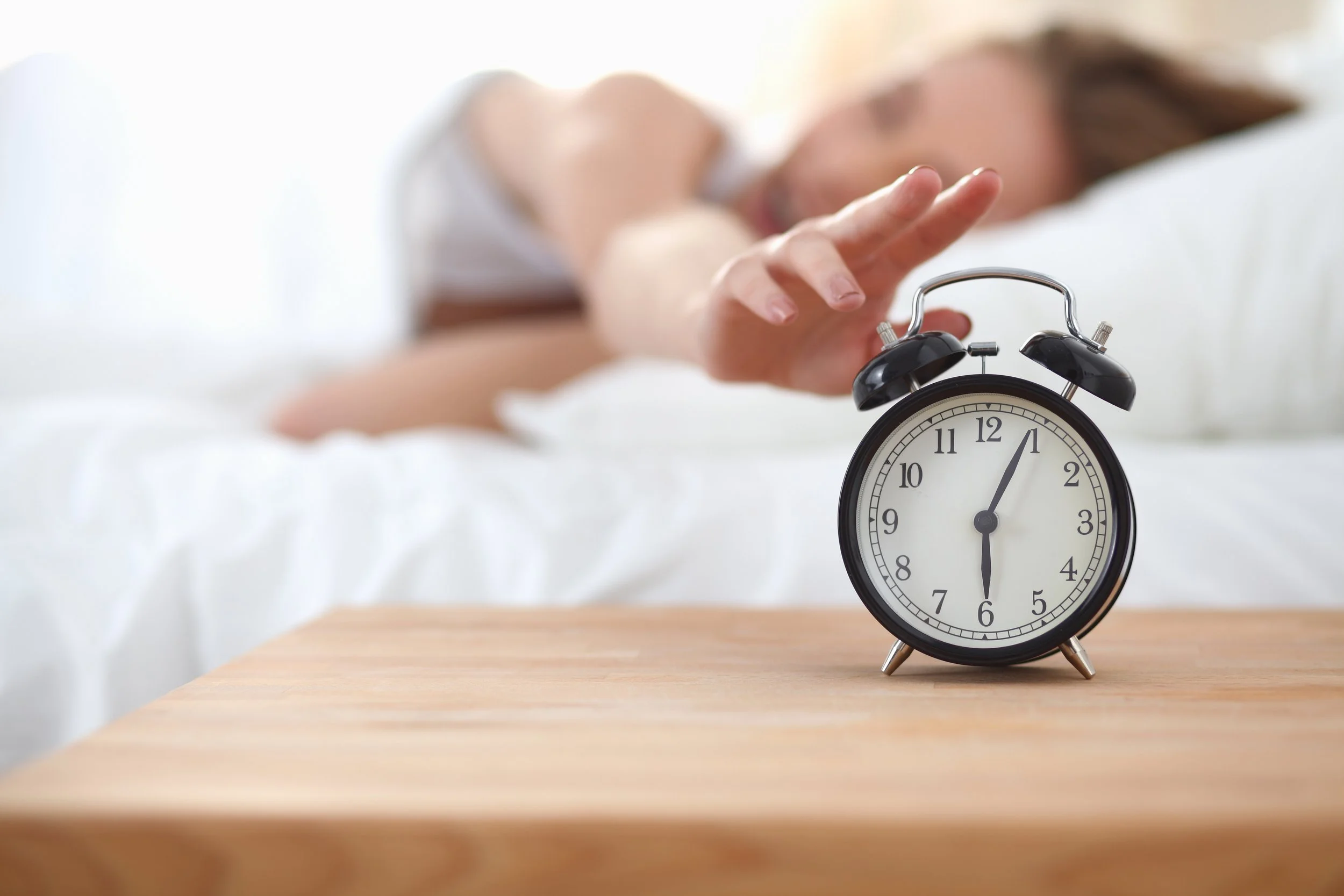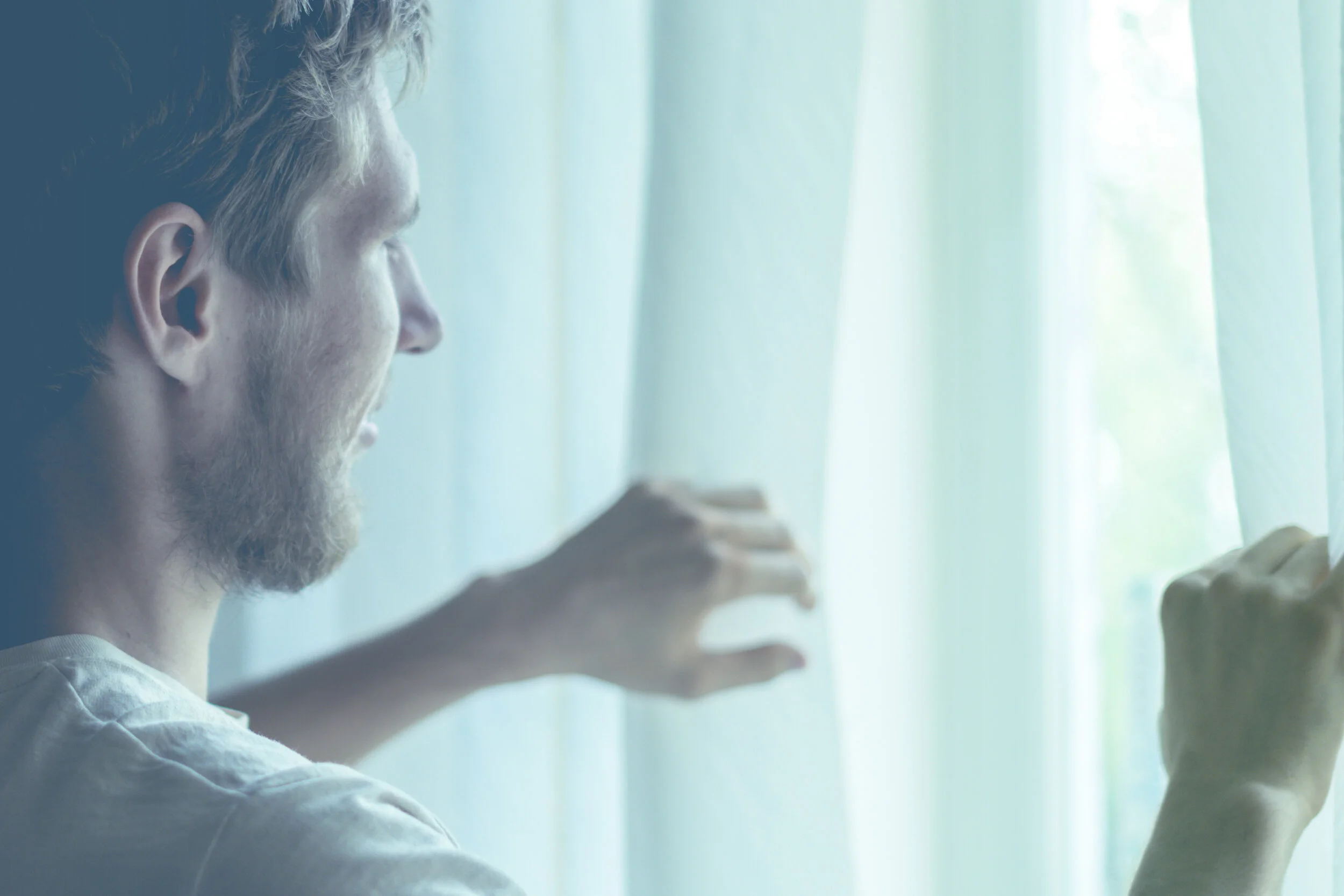Springing forward doesn’t have to mean losing sleep! Follow this simple Daylight Savings transition plan to adjust smoothly, avoid grogginess, and wake up refreshed.
Your Holiday Sleep Survival Guide: How to Keep Your Sleep, Stress, and Sanity in Check This Season
Why Can't I Sleep During Perimenopause and Menopause? Finding the Real Answers Behind Midlife Insomnia
Melatonin and Heart Disease: What the New Study Really Means (And Why You Shouldn't Panic)
The Fall Time Change Survival Guide (Especially If You're Already An Early Riser)
Your Doctor Says Your Thyroid Is "Fine" — So Why Aren't You Sleeping?
Histamine Intolerance and Sleep: Why High Histamine Keeps You Awake at 3 AM
Why Sleep Hygiene Alone Won't Fix Your Insomnia (And What Wil
Your Spring Daylight Savings Sleep Transition Plan
Top 4 Tips to Help You Sleep Better in the Winter
If winter wreaks havoc on your sleep, you’re not alone. Even though there are plenty of people who swear they sleep better in the winter months, there are many of us (hello!) who do not. Check out this blog post to find out why and to get my top tips to get you sleeping better during the chilly season.
3 Easy Ways to Revitalize Your Sleep In the New Year
Chronotypes 101: Are You a Lion, Bear, Wolf, or Dolphin?
How Sleep Will Help You Meet Your Goals for the New Year
Achieve your New Year’s goals by prioritizing quality sleep! Sleep improves cognition, boosts immunity, regulates hormones, and balances emotions, giving you the energy and focus to thrive in 2025. From setting a consistent bedtime to creating a cozy sleep sanctuary, you’ll find science-backed strategies to optimize your rest in this blog post. Plus, discover how functional lab testing can uncover root causes of persistent sleep struggles.
4 Tips to Help You Sleep During the Holidays
Struggling to get quality sleep during the holiday hustle? Between late-night gift wrapping, indulgent treats, and holiday cocktails, your sleep might be taking a hit. Here are 4 expert tips to help you navigate seasonal stress and maintain healthy sleep habits. From managing cortisol levels with self-care to balancing sugar and alcohol intake, and keeping a consistent sleep schedule, these practical strategies will ensure you wake up refreshed — even during the busiest time of the year.
Regulate Your Cortisol to Improve Your Sleep
Is Candida Overgrowth Keeping You Up at Night?
It's estimated that 70% of individuals have been infected with Candida at some point in their lifetime. Most of us have a little in our systems, which is fine. But when it gets out of control, it can wreak havoc on our entire bodies, impacting our ability to sleep! Get all the details in this blogpost.
How to Boost Serotonin Naturally for Better Sleep
Discover the pivotal role of serotonin in enhancing sleep quality and overall well-being. This post delves into strategies to boost serotonin levels, from nutrient-rich foods to the benefits of sunlight exposure, offering actionable insights for anyone seeking to improve their sleep without relying on supplements.
Why Good Sleep Hygiene Alone Hasn't Solved Your Sleep Issues
While sleep hygiene is important, it often overlooks the critical role of stress and physiological dysfunction in sleep disturbances. Let’s talk about how chronic stress, hormonal imbalances, and nutrient deficiencies can impact your sleep. In this post, you’ll find out why additional interventions like functional testing to address the underlying issues and personalized protocols are essential for achieving restful nights.
Daylight Savings Time: Essential Sleep Tips to Help Adults Spring Forward
As Daylight Savings Time approaches on March 10, adjusting your sleep schedule is crucial for a smooth transition. By gradually shifting your bedtime and embracing morning sunlight, you can ease the adjustment period and maintain your well-being. Follow these expert tips to navigate the time change with minimal disruption to your sleep cycle.





















